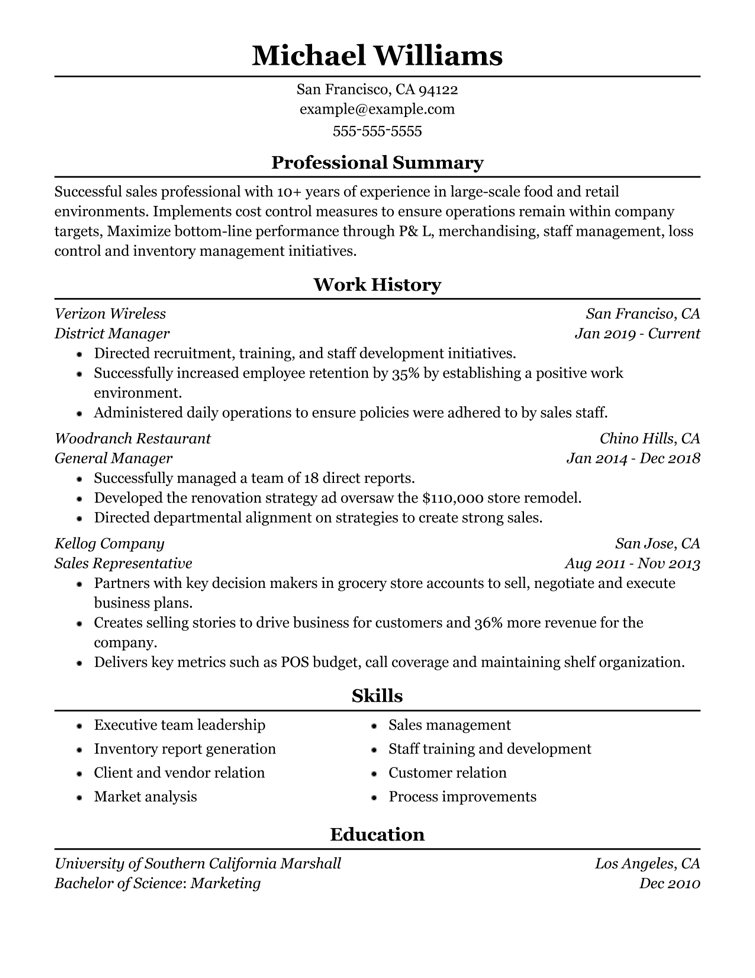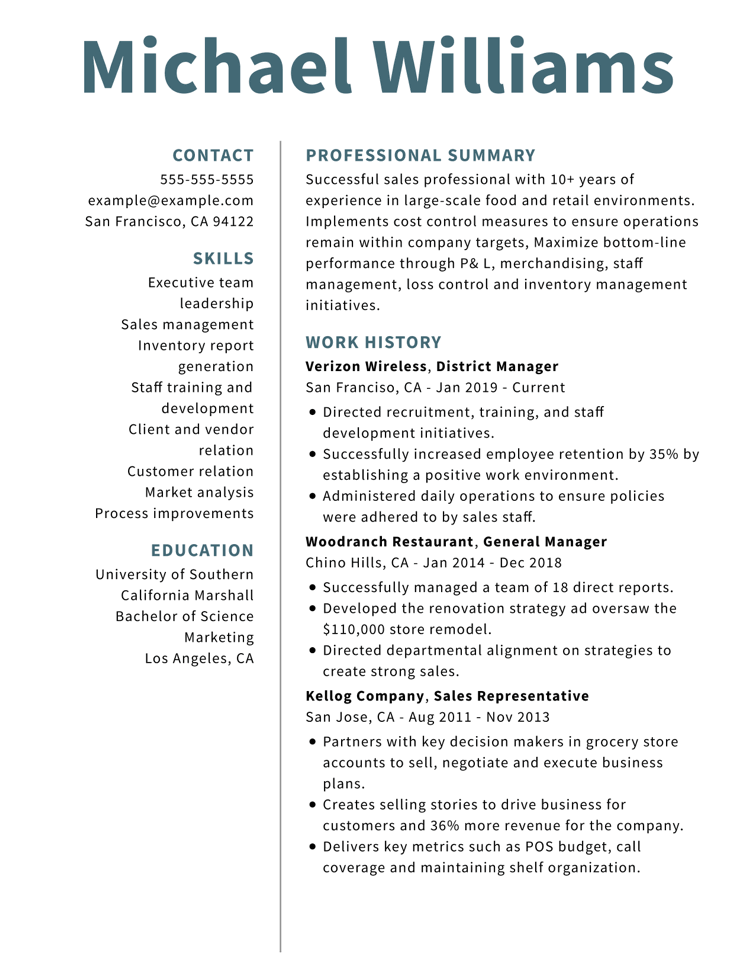Best Scientific CV examples and tips
Scientists need to show how their skills align with the company they’re applying to. How can you highlight all of those skills throughout your scientific CV?
Scientists need to show how their skills align with the company they’re applying to. How can you highlight all of those skills throughout your scientific CV?





OUR USERS HAVE BEEN HIRED BY



If you’re interested in going for a job where science is an important part of the equation and you have the right background, a scientist CV may be your best option. Here’s how you can create a scientific CV that shines.
Many jobs could use a science CV:
Generally, if you’re in any field that makes use of scientific knowledge, regardless of what element of science you’re using, these CV samples can be beneficial to you.
Personal statement or CV summary
Skills
Your skills section will vary depending on the science position you’re writing a CV for. Here are a few related skills to consider in writing this section:
Note that you can find both hard skills (technical knowledge) and soft skills (intangible traits, like teamwork) on this list. Although both are necessary, technical skills will show you know how to do your job. Stick to key skills that you excel at, and also fit what the job posting is looking for.
Work experience
Education
Certifications and awards
Here are some tips to help you write your scientific CV:
Yes. A cover letter is one of the best ways to make your case directly to the employer. Plus, it makes it obvious that a job is very important to you. If you’re not sure how to write a high-quality cover letter, try the CVHelp cover letter builder. This cover letter builder can help you create a cover letter that compliments your CV and functions even more effectively.
Yes. Science jobs often rely primarily on education, especially when it comes to entry-level jobs. If you don’t have experience in the workforce, you can use academic experience and skills instead. These elements are just as important for a job search as a scientist, no matter what field you’re trying to break into.
You should never submit the same CV to multiple jobs. This type of form application is typically frowned upon because it doesn’t effectively address what specific employers are looking for. Instead, use CV keywords to personalise each job posting for the application that you’re submitting. Look up important requirements from the job description and incorporate them into your CV skills and work history.
We personalize your experience.
We use cookies in our website to ensure we give you the best experience, get to know our users and deliver better marketing. For this purpose, we may share the information collected with third parties. By clicking “Allow cookies” you give us your consent to use all cookies. If you prefer to manage your cookies click on the “Manage cookies” link below.